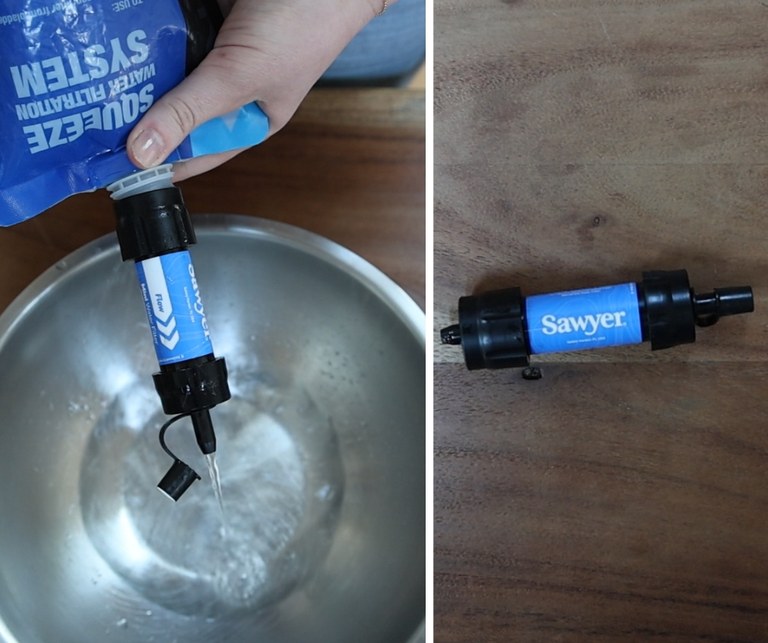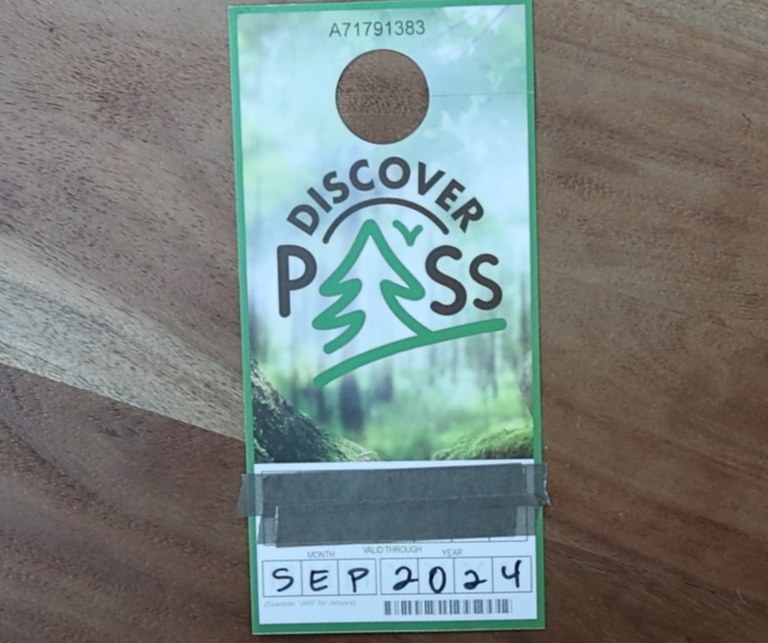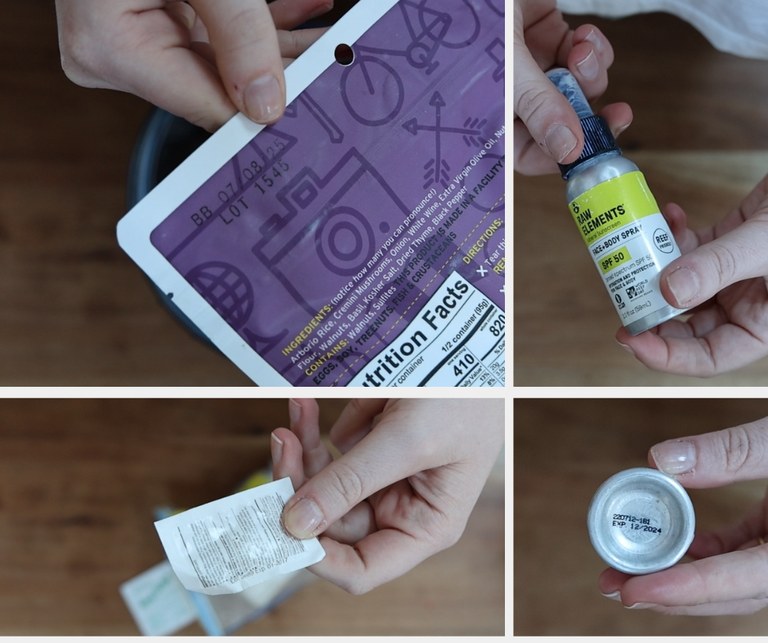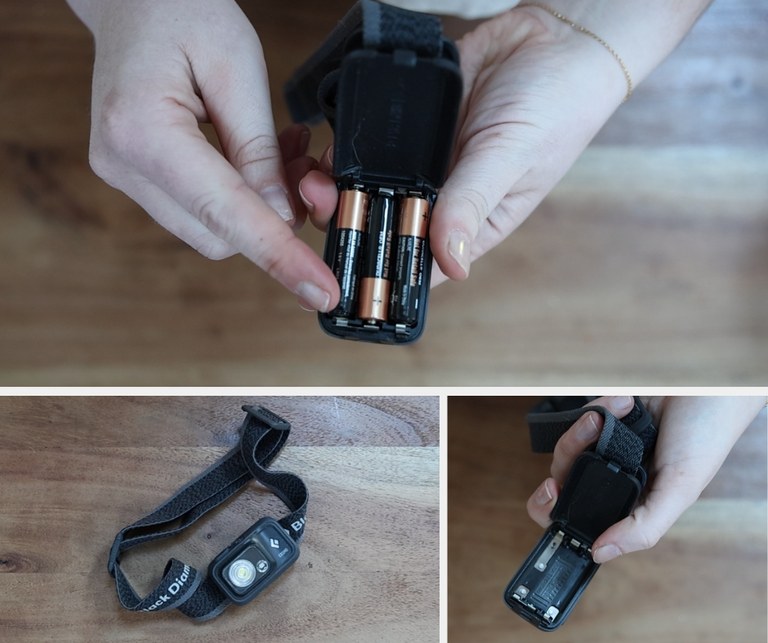 Washington Trails
Association
Washington Trails
Association
Trails for everyone, forever
With a bit of a check-up, you can make sure you're ready for spring hiking. | By Victoria Obermeyer
It can happen to anyone in the springtime. You're stoked for your first sunny hike of the year, grab your slightly dusty backpack and hit the trail — only to run into technical difficulties at the trailhead, or worse, when you’re setting up camp.
We want to save you the headache. So, here are the top six items to check before hitting the trail this summer, plus tips to help your gear last longer!

Make sure your filter still flows before hitting the trail. Photos by Victoria Obermeyer.
After not using your water filter for a while, you’ll want to check and make sure it still flows. This is especially important for squeeze filters like Sawyer Squeeze or Katadyn Be Free filters. If they haven’t been used in a few months, their fibers can lock up over time. Take a moment to fill it up in your sink and make sure it still flows properly. Another factor to consider is storage temperature. These filters are not suited for freezing temperatures, so if they’re being stored in a garage or attic and were exposed to the cold, they may not work properly. Keep in mind, the filter can still flow normally but will not keep out the harmful bacteria that it should, so if you think there's a chance it froze, it might be best to invest in a new filter.

Photo by Michelle Mathison
Check to make sure your sole is still securely connected to your boots. Unfortunately, even the most pristine footwear can be susceptible to dry rot or hydrolysis. Why does dry rot happen? If your boots are sitting in storage and not being used, the material that makes up the sole becomes stiff, brittle and thus more susceptible to disintegrating or breaking. Dry rot happens to boots over time and especially if they have been sitting for a longer period of time unused. Depending on its severity, it can usually be fixed with shoe glue or a trip to your local cobbler. Making sure your boots are stored in a room with decent humidity and temperature control to help delay this process. Before hitting the trail give your boots a good test run/walk (at least a half mile) around the block.

Check for water droplets on your waterproof gear to ensure it still repels liquid. Photos by Victoria Obermeyer
Whether it's a rain jacket or pack cover, you’ll want to make sure your waterproof layers are up to snuff. Nice weather can change to rain quickly, especially in the spring. Dirt, the oils on our skin and sweat can all break down waterproofing over time. It's also important to wash and treat your gear regularly. For more details on how to check, maintain, and repair your gear, check out this link

Photo by Victoria Obermeyer
Double check to make sure your passes are still up to date. If not, click here to grab this year's pass. In a pinch, you can also try nearby ranger stations or other location passes are sold (sometimes you can even find them at nearby gas stations). You'll also want to check to make sure that your subscriptions are up to date for devices like Garmin.

Don't forget to double check the expiration dates on your meals, sunscreen and first aid supplies. Photos by Victoria Obermeyer.
Before you hit the trail, be sure that your supplies aren’t out of date, including, first aid kit supplies, bug spray, sunscreen, snacks, freeze dried meals and iodine tablets. It’s easy to forget how long some of those items have been in your pack. Make sure you resupply accordingly — no reason to fall victim to early season sunburn with expired sunscreen. This also goes for snacks (yes, even Clif Bars expire eventually).

To avoid being left in the dark, check and make sure your batteries you might have forgotten to take out before storage haven't been corroded. This goes for anything with a battery! Photos by Victoria Obermeyer.
Be sure to make sure none of your batteries have corroded within your electronic devices (think headlamps or lanterns). Once corrosion sets in there is not much you can do, so to avoid this in the future, be sure to remove any batteries before the item is placed in storage.